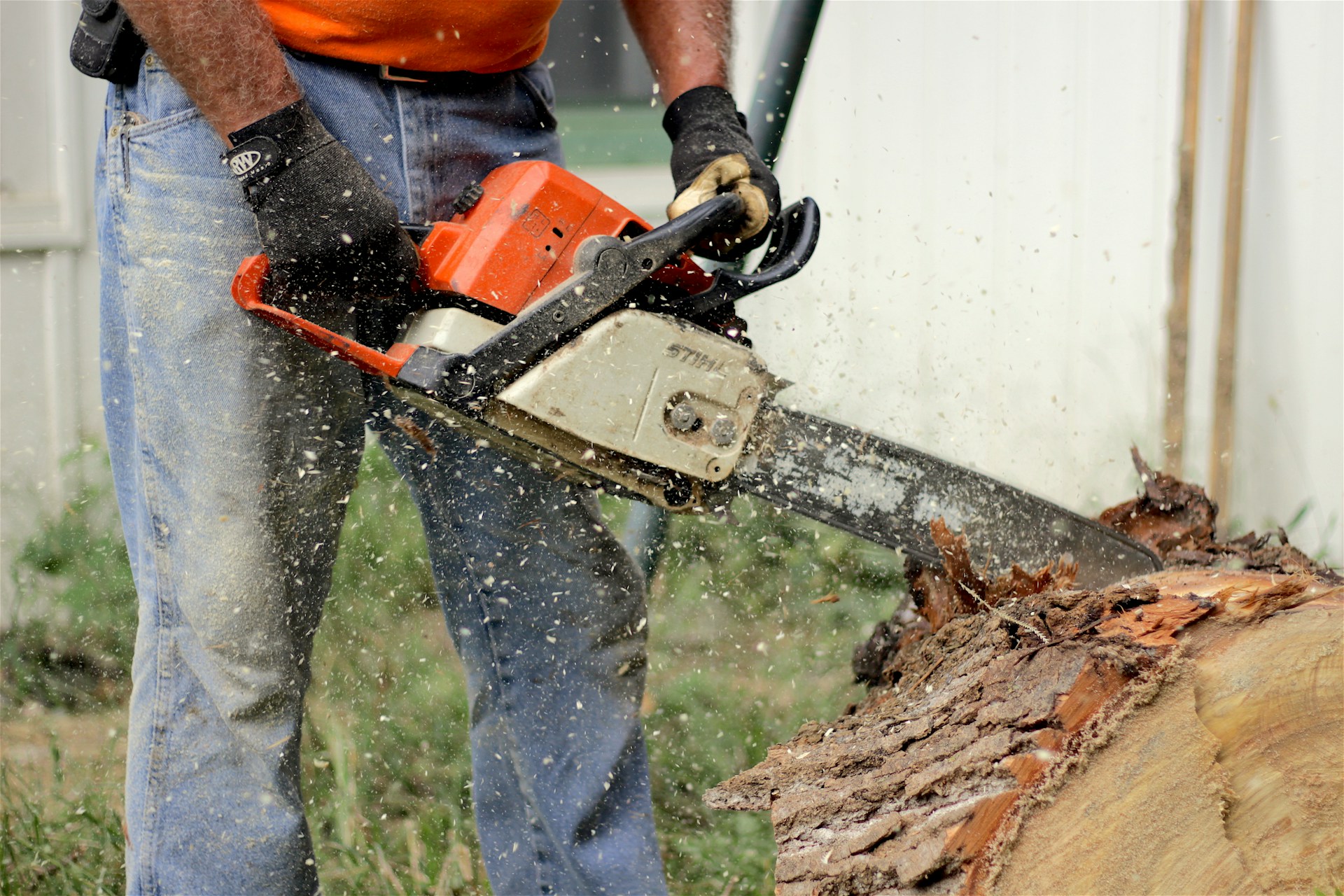
Outdoor equipment with small engines plays a vital role in landscaping, farming, and various other fields. Yet, these machines face wear and tear over time.
Proper engine care and regular maintenance are key to keeping your equipment running smoothly and extending its lifespan.
Below, we’ll explore actionable small engine maintenance tips to ensure equipment longevity and reduce costly repairs.
Introduction to Small Engine Maintenance
Small engines power an array of equipment like lawnmowers, chainsaws, and generators. Whether you’re a professional contractor or a homeowner, routine maintenance can save you time and money.
Neglecting even the most basic engine care can lead to early wear and decreased performance. This guide provides six key strategies to keep your small engine in top shape.
Regular Cleaning for Small Engines
Remove Debris from Engine Components
Dust, dirt, and debris commonly accumulate in your engine’s cooling fins, air filters, and exterior.
Left unchecked, this buildup can impact the engine’s performance and overheat components. A soft brush or compressed air can safely clean out these areas.
Clean Fuel Tanks and Valves
Over time, old fuel or impurities can clog your engine’s fuel tank and valves. Cleaning these elements annually helps prevent blockages and ensures a consistent fuel supply.
Always use the recommended cleaning solutions to avoid leaving harmful residue.
Check and Replace the Air Filter
The Role of an Air Filter in Engine Care
The air filter prevents debris and particles from entering the engine. A clogged or dirty air filter can lead to poor airflow, reducing the engine’s efficiency.
How to Replace the Air Filter
- Check the air filter regularly (at least every 25 hours of operation).
- Replace it if you notice an excessive buildup of dirt or oil. Ensure you follow the instructions in your equipment manual for accurate results.
Perform Routine Oil Changes
Why Fresh Oil Matters
Oil lubricates the engine’s moving parts, reducing friction and wear. Over time, old oil can lose its viscosity and lead to increased engine wear and tear.
How to Change Oil for Equipment Longevity
- Drain the old oil into an approved container.
- Use a manufacturer-recommended oil type to refill as necessary.
- Dispose of the old oil responsibly to minimize environmental impact.
Inspect and Maintain the Spark Plug
Signs of a Worn Spark Plug
A failing spark plug can result in starting issues, reduced fuel efficiency, or irregular engine performance. Typically, these need attention after approximately 100 hours of operation or once a season.
Steps for Spark Plug Maintenance
- Remove and clean the spark plug to remove carbon buildup.
- Replace worn spark plugs with the correct model specified for your equipment.
- Reinstall carefully to prevent over-tightening, which could damage the cylinder.
Keep Fuel Fresh and Stabilized
The Importance of Fresh Fuel
Old or contaminated fuel can lead to engine knock and hardened deposits, reducing the engine’s lifespan. Use top-quality fuel to ensure optimal performance.
Tips for Fuel Stabilization
- Add a fuel stabilizer to prevent ethanol-related issues, especially when storing equipment for the season.
- Drain the fuel tank completely if the equipment will sit unused for extended periods.
Regularly Sharpen and Adjust Blades
Why Blade Condition Matters
Blunt or damaged blades can strain the engine by requiring more power to cut or slice materials. This increases wear and reduces performance.
Blade Maintenance Tips
- Inspect blades regularly for damage or dull edges.
- Sharpen or replace blades as part of your standard small engine maintenance routine.
- Ensure all adjustments adhere to manufacturer guidelines to keep the balance intact and avoid unnecessary vibrations.
Keeping Your Small Engine in Top Shape
Adhering to these maintenance practices can significantly enhance equipment longevity. By prioritizing regular engine care, you reduce breakdowns, save on expensive repairs, and ensure peak performance.
Small engines deserve the same care and precision you’d invest in larger machinery. Take the time to integrate cleaning, inspections, and preventive practices into your routine.
A well-maintained engine is not just an operational advantage; it’s an investment in long-term reliability. Click here!
Subscribe To Get Update Latest Blog Post
No Credit Card Required









